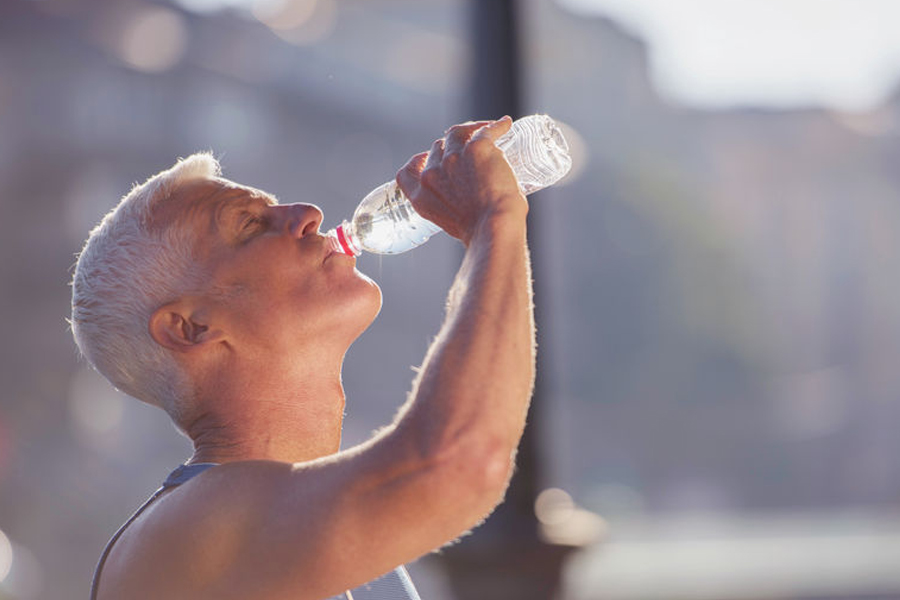Going to bed late and getting up early can be a common habit of adult men working in stressful jobs. But a new study has found that not getting enough sleep may lead to dehydration.
The Research on Dehydration
Published in the journal Sleep, the new research from Pennsylvania State University in State College examined the records of more than 20,000 young adults who were considered healthy. The participants answered questions about their slumber habits and provided urine samples so the scientists could look for two marketers of dehydration.
The team found that participants who got six or fewer hours of shut-eye nightly had higher concentrated urine than the participants who got around eight hours nightly. In fact, those who got fewer hours of sleep were 16% to 59% more likely to be dehydrated.
For participants getting nine or more hours of sleep nightly, there was no link to dehydration.
A Theory on Why
Although the research doesn’t prove causality, they theorize that the antidiuretic hormone vasopressin might be to blame for the association between lack of sleep and dehydration.
“Vasopressin is released both more quickly and later on in the sleep cycle,” says Dr. Asher Rosinger, one of the study’s authors. “If you’re waking up earlier, you might miss that window in which more of the hormone is released, causing a disruption in the body’s hydration.”
The team is calling for more research, including a longitudinal study that can look at dehydration at baseline and then again after a week without enough sleep.
Why Dehydration is a Big Deal
Dehydration is about much more than a hangover after a night of binge drinking. It can cause fatigue and muscle weakness, and also impair cognition and impact your mood. Staying hydrated also improved your kidney health.
The researchers recommend that if you feel tired during the day, don’t reach for coffee or an energy drink, but rather water.

